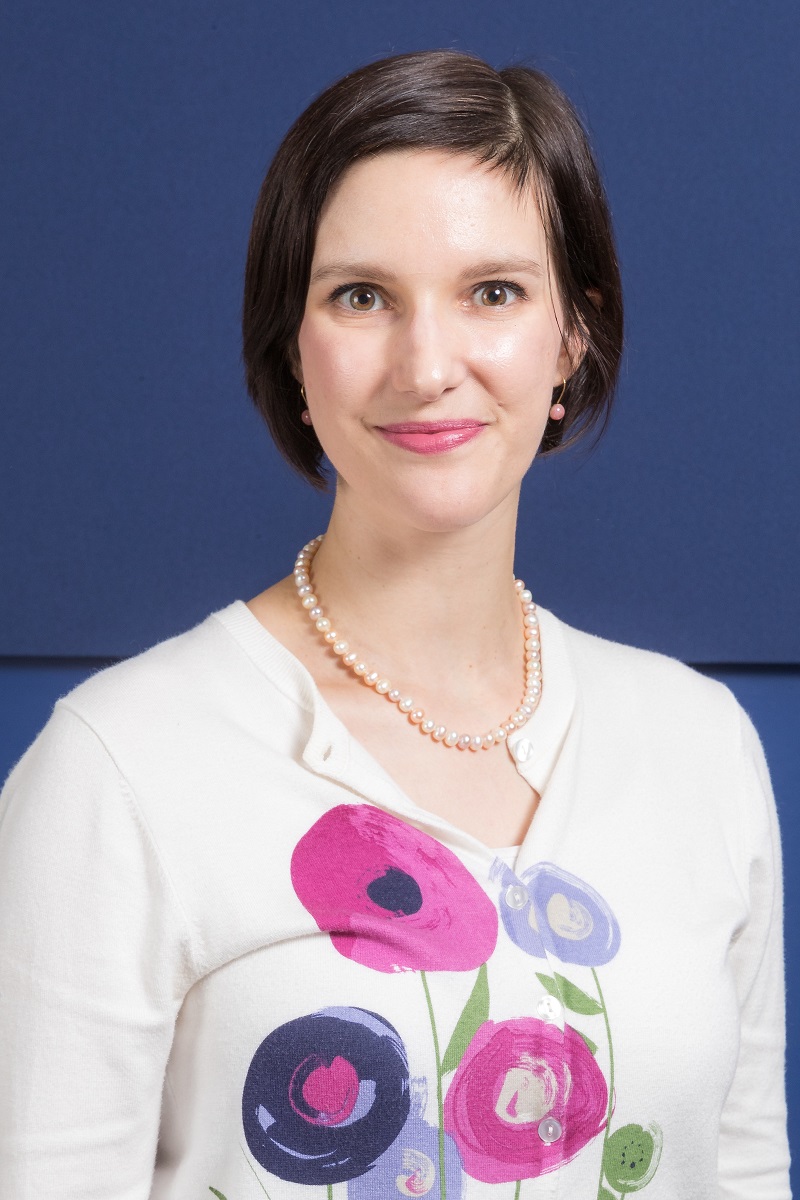Graduates of the School’s programs embark on a wide range of career paths in the broad area of public service and public affairs. The video interviews, alumni profiles, and stories of our distinguished alumni provide a snapshot of these paths.

Alexandre Couture Gagnon is currently the Associate Professor at the University of Texas Rio Grande Valley. Read more about her experiences as a graduate of SPPA’s PhD program below.
Q: How did you know that Carleton SPPA was the right program for you?
“The reputation – it was the reputation. When I applied for a PhD program, I asked all my Master’s professors which school they recommended and they gave me various universities in Canada and the US but Carleton’s SPPA was always there… Always in the top 5 so that’s why I applied because it had a very good reputation and everyone thought it would be the best one.”
Q: What was the transition like from school to the workforce?
“Easy! The professors [at Carleton] were very professional and in that sense, they were also really good mentors because they showed me how to act in the profession. They were nice and courteous. Their doors were open, [both] for big discussions and little chitchats, so it was phenomenal. When I was looking for a job, everyone helped me. When I struggled, everyone helped me. When I arrived at Carleton, I wanted to quit because it was too difficult. But I called Leslie Pal, who was the Director of the program, and I told him I hated it. But he was very nice, he didn’t take it personally. He did everything he could to help me. He fixed everything and encouraged me. Having professors like that who encourage and mentor you – that’s not everywhere, it’s very rare.”
Q: What position do you hold now and what work does this involve?
“I’m now an Associate Professor. Now I do research, teaching, and service. Most of my work now is research and I feel like the SPPA couldn’t have better prepared me for that. They gave me lots of grants and scholarships to go to conferences. Everyone helped me. For those first few conferences, my professors helped me because it was stressful. They very much guided me. The university helped me build my CV and resume, which is a very big thing in academia. I was prepared for the job market and to teach.”
Q: How did the education you got at the school empower you through your career?
“I’m always proud to say I have my PhD from the SPPA. I’m very proud of it. When I was at the SPPA, I learned how to write grant proposals, which not all universities do. […] I learned how to present at conferences, money from the university, and advice from professors. Most importantly, I came very prepared with what I learned. The seminars we had, the professors I had access to, the readings – all of these gave me the key foundations for research. […] I think I also learned how to behave. There are norms [within academia] that you won’t learn unless you’re next to great professors.”
Q: What was the most memorable experience during your time at the School?
“I have four. The seminars – they were very painful but rewarding. I remember the hallway discussions with faculty members – every 5-minute discussion they gave me had a big impact on my life. I remember for a graduate conference with Graeme Auld and another PhD candidate, it was very difficult and a lot of work but I learned from that. And informal events with other students, where we encouraged one another. […] You remember those years later and they encourage you when you want to quit.”
Q: Do you have any advice for current or future students?
“It’s not only about grades, it’s a lot about everything else! Grades are very important but in academia, how you behave, how you don’t quit, how you don’t give up when research doesn’t get published quickly – it’s very important and it’s what I learned as a student at Carleton. Focus on your grades, learn, and do the readings. Learn as much as you can but [also] pay attention to who you meet and acknowledge that those other things are also part of education. And for those doing a Master’s thesis – cherish those connections!”